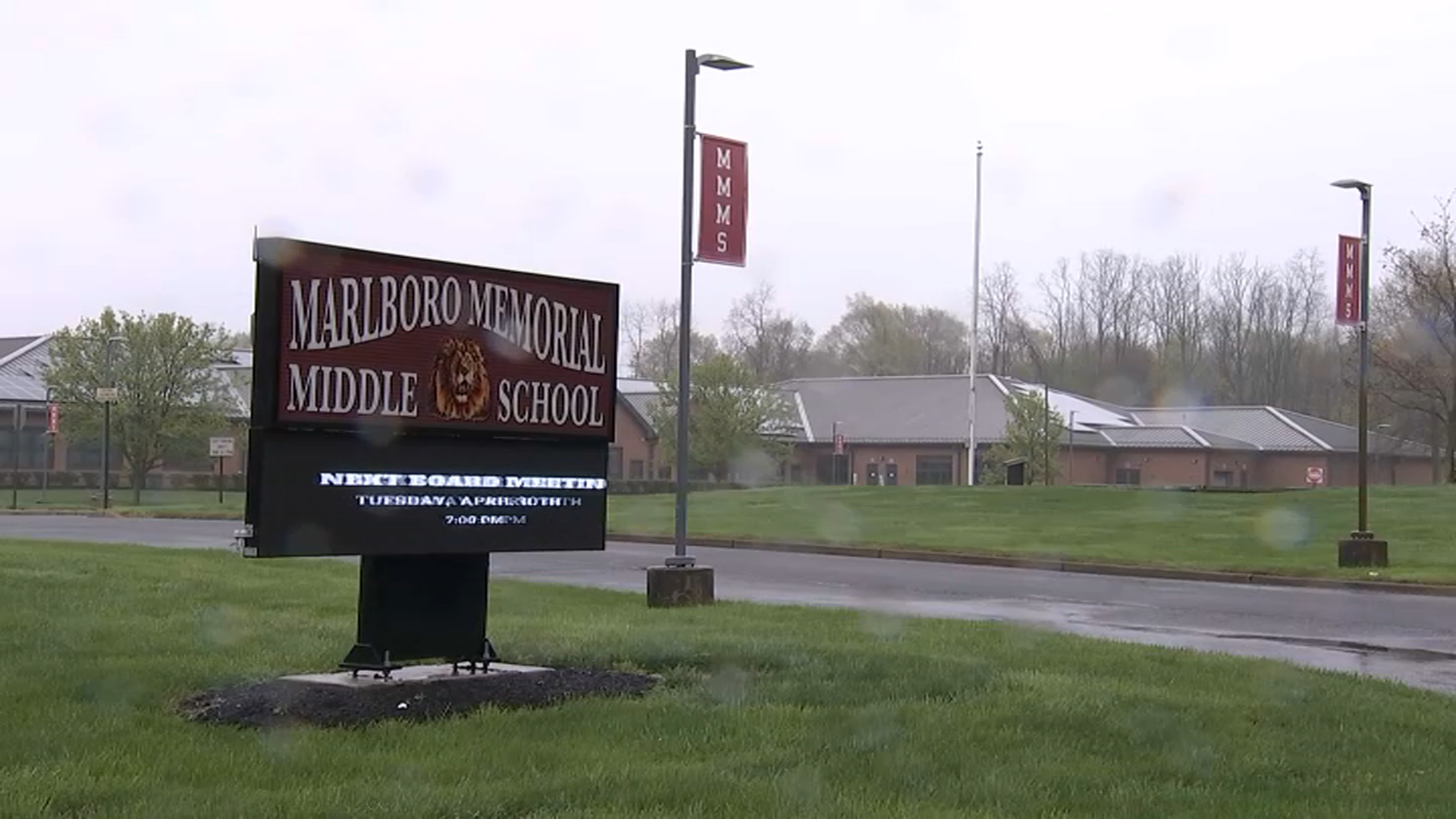The NYPD is placing detectives in big city police departments across the globe amid the growing terror threat from groups like ISIS, part of a growing effort to exchange threat information with international partners in real time. Since 9/11, the NYPD has embedded intelligence officers in 13 locations including London, Paris, Jerusalem, Amman, Madrid, Toronto, and as far away as Sydney.
NBC News was given exclusive access to the NYPD program — the first time cameras were allowed to film the intelligence officers and their partners in action.
"We need to be positioned 24 hours a day, 365 days a year, all around the globe to react in New York City in real time," said John Miller, the NYPD deputy commissioner for intelligence. Miller points out that New York has seen 20 terror plots since 9/11, and that numerous overseas attacks were carried out by suspects who had possible New York connections.
"We are seeing some dangerous themes here," Miller said, pointing to the thousands of jihadist fighters now returning from Syria to Europe along with possibly hundreds who traveled from the U.S. "They've come back trained, hardened committed fighters ... Where are they now? Is there a plot or a plan?"
At the end of October, as the first anniversary of the deadly Paris terror attacks neared, NYPD intelligence officers from 13 locations around the world met in London with some of their foreign counterparts to discuss the latest intelligence and how to improve cooperation.
Among those attending the London meeting was Antwerp's intelligence chief, Karl Hareen. He said the two police departments "not only share information but we share best practices, to share expertise. So we try to reach out to partners who can help us ... and of course, who better to choose than the NYPD?"
As an example, he pointed out how his department asked the NYPD to help conduct and review Antwerp's marathon security measures after the Boston marathon bombings to see if improvements were needed.
Chief Thomas Galati, who helps run the NYPD's overseas intelligence program, said learning from other cities firsthand about the plots and threats they face helps the NYPD improve. After getting briefings from French officials, Galati said NYPD exercises mirroring recent attacks in France showed the NYPD needed more counterterror teams trained and in place in case of a multipronged attack. "We drilled it ourselves in a tabletop [exercise] and we ran out of emergency service personnel after a certain amount of time. So we needed to bolster up our response."
The NYPD detectives working overseas agreed to be interviewed but asked their names not be used given the ongoing plots by ISIS terrorists to target Western police officials. The NYPD London liaison who works most days inside Scotland Yard said the threat from returning ISIS fighters to Europe is growing, including inside Britain. That threat is a growing concern for New York too.
"The Atlantic is no longer the barrier it once was," the detective said. "By working together, we have a much better chance of mitigating the threat."
In Paris, the NYPD liaison officer speaks the language and works closely with intelligence officers at Paris police headquarters. "They share information on their investigations. And anything that would be of interest to New York City, I would relay that information back to my counterparts in New York."
This weekend marked the one-year anniversary of the attacks in Paris that killed 130 and injured more than 360. Some of the attackers in that plot had possible ties to New York. Information was immediately shared and NYPD officials worked to track if there was any additional threat inside the U.S.
Local
In Paris, 15 terror suspects have been arrested in just the last three months. And France has seen more than 1700 of its citizens travel to Syria, while thousands more inside France are believed to be radicalized. A second NYPD detective in France assigned to Interpol gets updates on those most dangerous of travelers and helps relay information back to 1 Police Plaza.
The NYPD also hosts foreign officers in New York. Jordanian security officials are currently training with NYPD emergency services teams. And in Amman, NYPD intelligence officers are working alongside Jordanian police in drills and tabletops to try to improve information flow.
Lt. John Miedreich served in the Jordanian post before becoming the day-to-day coordinator of the NYPD's 13 overseas posts. He says those 13 officers — while based in specific cities — cover numerous countries and have relationships with numerous agencies. While the FBI and CIA play a critical role in gathering threat information, Miedreich said there is something about the "cop to cop" relationship that gets important information back to New York fast.
"The intelligence needs of a municipal police department are vastly different than that of a federal agency," Miedreich said. "Actionable intelligence or let's say a lesson learned in the way of tactics, techniques or procedures of a terrorist ... Analyzing these things allows us to implement policies and procedures that can better help protect the city."
John Miller points to a recent attack at a museum in Tunisia as an example of critical lessons learned. He said an NYPD liaison got a full briefing and all the surveillance camera footage from that attack. As a result, the NYPD put together a detailed tactical report and gave a presentation to all New York-area museums.
"And we said, 'what can you learn from this?'" recounted Miller. "'Are you able to close off parts of the museum by shutting down gates or access that can protect people? Are you able to monitor through your video control centers all of the movements of the terrorists?'"
The NYPD program began under former NYPD Commissioner Ray Kelly in the aftermath of the September 11 attacks. His successor, Bill Bratton, and current commissioner Jimmy O'Neill have worked to expand it. Talks are underway with Chinese officials and additional Mideast countries to host and share information directly with NYPD personnel.
Miller said this international cooperation leads to smarter policing by the NYPD. When asked if he could to specific lives saved by this program, he said he couldn't.
But he said the program gives the NYPD a global perspective on the increased global threat facing New York, "and we can't get that through either reading it in the news or waiting for federal agencies to think the way a police officer in New York City." He said he has to worry what happens over there in order to keep New Yorkers safe here.



